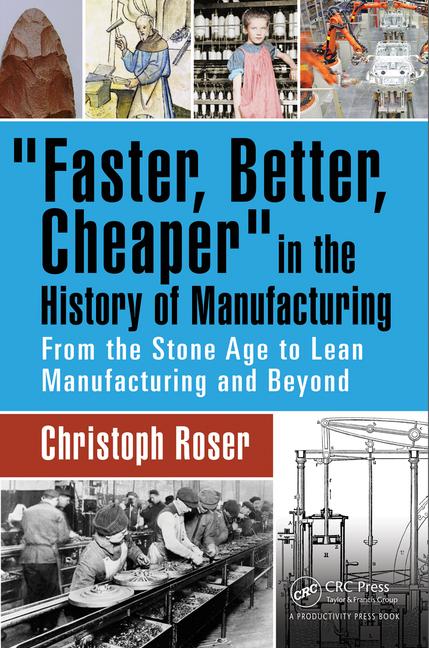A growing number of assemblers are moving their production operations back to the United States from overseas.
Henry Ford was hardly a leftist, but he even knew the circular economic power of domestic manufacturing. Workers who earn a decent wage to manufacture products spend that hard-earned money on manufactured products. Greater demand for manufactured products keeps factory doors open. Everyone wins.
When U.S. companies outsource manufacturing to low-cost labor centers, such as China and Mexico, that cycle is broken. If the United States is to climb out of this recession, we’ll need more manufacturing jobs, not fewer. Fortunately, a growing number of companies are getting the message.
One of them is Diagnostic Devices Inc. (DDI), a manufacturer of blood glucose monitors in Charlotte, NC. In the late 1980s, DDI was among the first U.S. companies to outsource production to China in an attempt to cut costs.
“Quite frankly, we were initially called ‘crazy’ when we decided to move manufacturing to China,” says Rick Admani Abulhaj, DDI’s chief operating officer. “The move proved to be highly successful, and we’re proud to have been a forerunner in that trend.”
Eventually, however, the numbers weren’t adding up. Moreover, DDI’s management was dismayed by the Charlotte area’s growing unemployment, which hit 12 percent in May. Rather than chase cheap labor across the globe, DDI decided to bring manufacturing back home. By the end of next year, DDI will have completed a new manufacturing and distribution facility in Charlotte, bringing almost 200 jobs along with it.
“We analyzed every angle of our overseas manufacturing and devised a means to bring jobs back the United States, while remaining competitive and even cutting costs by a projected 40 percent,” says Abulhaj. “The answer is...the implementation of cutting-edge automation and robotics technologies that [enhance the bottom line] and give us greater control of our operations and our intellectual property.”
Another company that is bringing jobs back from overseas is Farouk Systems Inc. The company had been manufacturing its line of hair care appliances in China and South Korea. Now, Farouk is assembling them in a new 500,000-square-foot facility in Houston. The plant already employs 1,000 people, and it could hire another 4,000 people in the next three to four years.
Farouk Shami, the company’s founder and chairman, concedes that manufacturing overseas offers significant cost advantages. However, he believes he can offset higher domestic labor costs by implementing automation, redesigning his products for efficient assembly, taking advantage of tax breaks, eliminating import duties, and marketing his products as “Made in the U.S.A.”
“People want ‘Made in the U.S.A.’ on the products they buy,” he says.
We applaud Diagnostic Devices, Farouk Systems and other assemblers that have decided to “insource” rather than outsource. Let’s hope the CEOs of other manufacturers follow suit.




